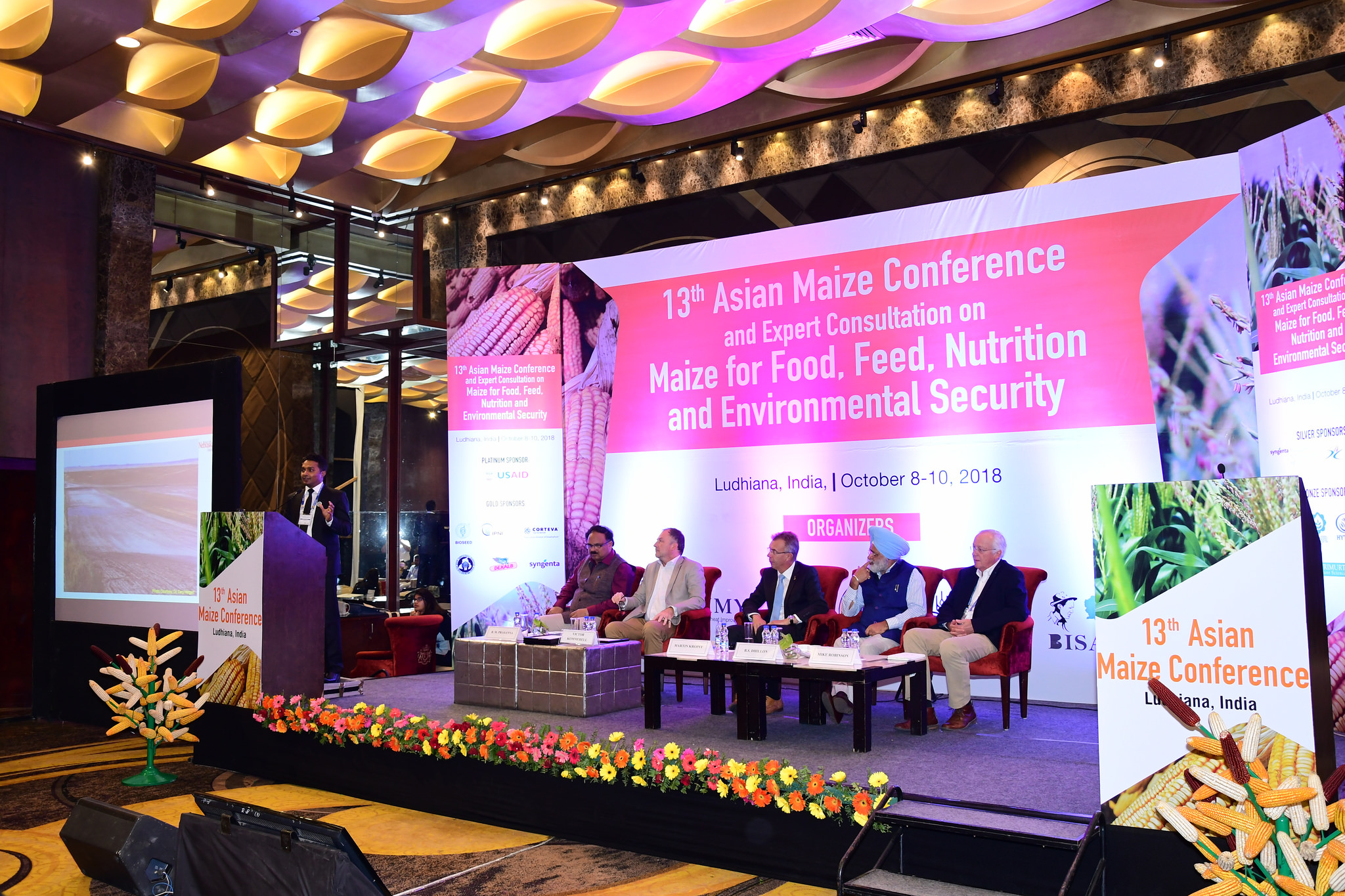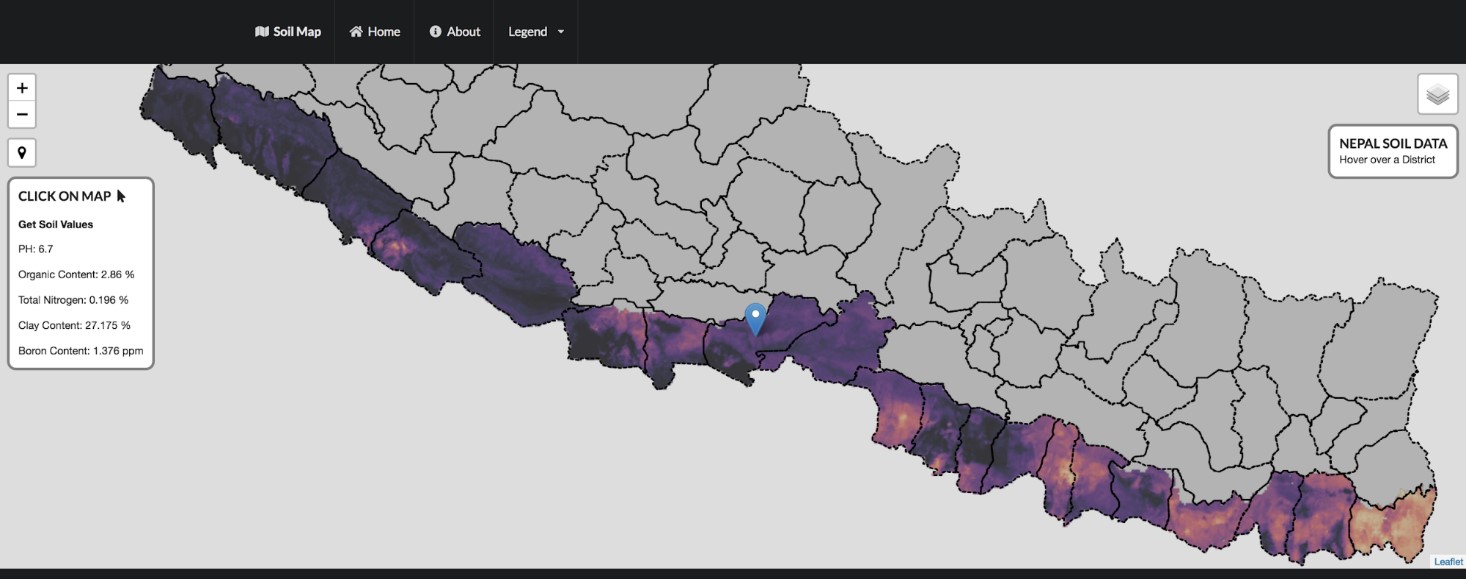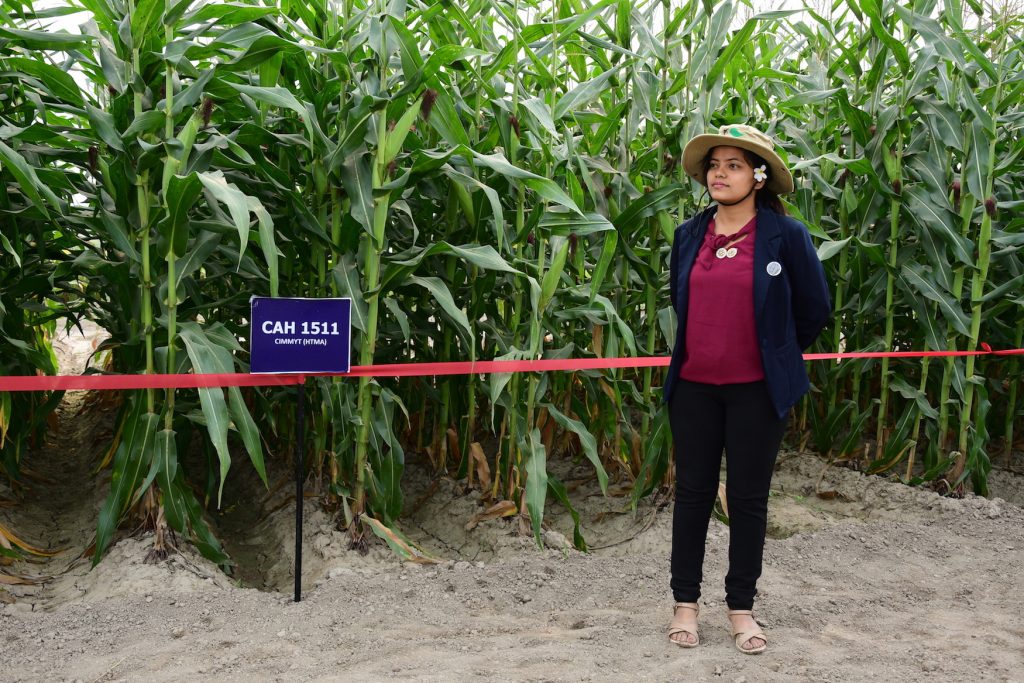
KATHMANDU, Nepal — I feel humbled and honored to have been chosen for the 2018 MAIZE-Asia Youth Innovators Award. I want to thank my father and brother for never clipping my wings and letting me fly high. I want to thank my mother, who despite having no education, not being able to read or write a single word, dreamed of having a scientist daughter. Everyone has a story and this is mine.
Due to my family’s poverty and the hardships faced during the civil war in Nepal, I had to leave school at grade 5 and was compelled to work as child labor in a local hotel to meet my family’s daily needs. I remember those difficult months where I used to cry every day, as the hotel was right across from the school and I wanted to study so badly but I was deprived from education due to my family’s condition. My life changed when a mountain climber staying at the hotel heard my story and generously decided to pay my school fees. I would go on to graduate top of my class.
Everyone has challenges. It is my dream to dedicate my life to fight the greatest challenge of all: hunger.
The amount of undernourished people in the world has been increasing. According to the Food and Agriculture Organization of the United Nations (FAO), over 820 million people face chronic food deprivation. Many of these people live in developing countries, including my home country, Nepal. About 6 million people, which is about 23% of Nepal’s population, are undernourished. Moreover, half of children under the age of five suffer from malnutrition in Nepal.
Increasing agricultural production, gender equity and awareness is crucial to meet sustainable development goals by 2030. As an agricultural student, I chose to focus on maize-based systems, as maize is a staple food crop and a major component of feed and fodder for farm animals. It is the second major crop in Nepal after rice — first in the hill region of Nepal — and can be a backbone for food security and a good source of income for resource-poor farmers.
Demand for maize is growing in Nepal, but production has remained stagnant. This is partly due to lack of knowledge on proper nutrient management and fertilizer use. In addition, due to the economic situation in Nepal, many men have been forced to migrate to find work and support their families, which has led to an increased “feminization” of agriculture. However, female farmers frequently have less access to information and resources that would help them to increase yields.
Since my undergraduate degree, I have carried out research on nutrient management in maize in the Eastern Terai region of Nepal, particularly focusing on women, to increase the maize production and income of smallholder farmers. My research involved the use of Nutrient Expert, a dynamic nutrient management tool based on site-specific nutrient management principles, to increase maize production and enhance soil quality without negatively affecting the environment. Regional fertilizer recommendations are often too broad and cannot take into account the soil quality of individual farmers’ field, as it varies greatly among fields, seasons and years. Applying the incorrect amount of fertilizer is costly to farmers and can negatively affect the environment and crop yields.
The Nutrient Expert app rapidly provides farm-specific fertilizer recommendations for nitrogen, phosphorus and potassium for crops in the presence or absence of soil testing results, contributing to dynamic nutrient management, increased productivity and net returns from crops for farmers. In the meantime, it helps to decrease the nitrogen and phosphorous leaching from the soil into rivers, which protects the water ecosystem both in wetlands and oceans. This technology is sustainable because it optimizes the use of nutrients in the soil for higher productivity and prevents the overuse of fertilizer. It decreases the farmer’s cost of production and is environmentally friendly. Further, my research showed that Nutrient Expert helped farmers to produce 86.6% more maize grain than their previous fertilizer practice.
Proper nutrient management is just one of the challenges facing agriculture today. To address these challenges and to create a world without hunger it is extremely important to work with and include young people. Effective extension tools to train and motivate young minds in research and create more interest in maize-based systems and farming is necessary for the overall adoption and proper utilization of improved varieties and technologies.
Samjhana Khanal was recently awarded the 2018 MAIZE-Asia Youth Innovators Award from the CGIAR Research Program on Maize (MAIZE) in the category of “Change Agent” for her research on the productivity and profitability of hybrid maize in Eastern Terai, Nepal. Using Nutrient Expert, a decision support tool, individual maize farmers can get specific soil nutrition and fertilizer recommendations, resulting in higher grain yield, productivity and profits.
An agricultural graduate, Khanal has founded and co-founded several local social organizations in Nepal to involve young minds in the development of innovative strategies to work towards sustainable agriculture and zero hunger. Her organizations support more than 285 households with community microfinance, help resource-poor farmers and assist women farmers.
The MAIZE-Asia Youth Innovators Awards aim to celebrate youth participation in maize-based agri-food systems and are sponsored by the CGIAR Research Program on Maize (MAIZE) in collaboration with Young Professionals for Agricultural Development (YPARD).
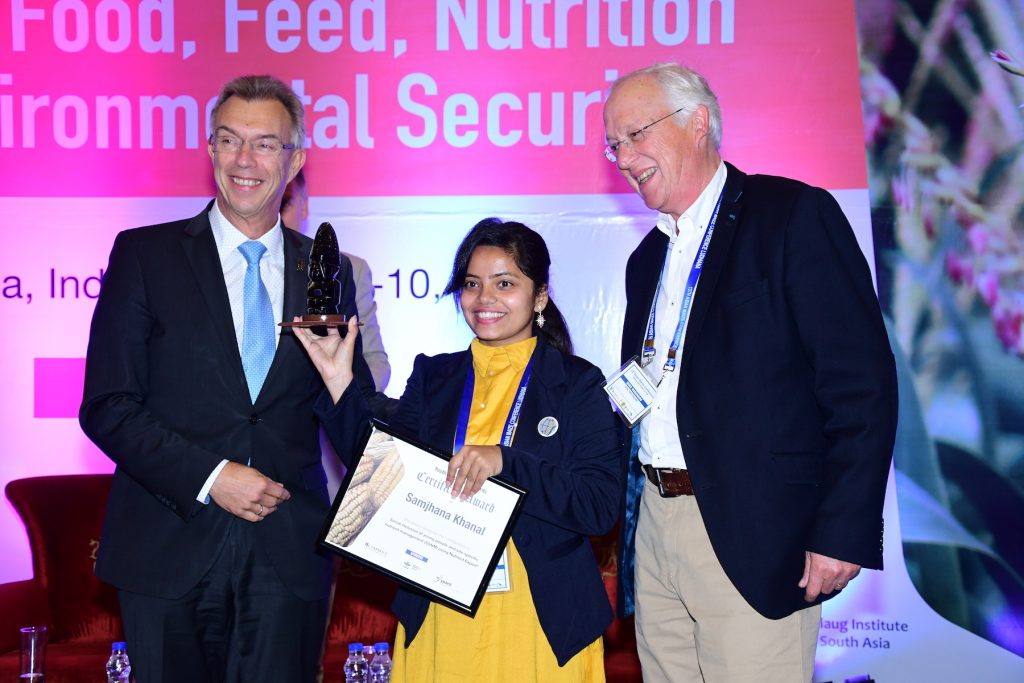
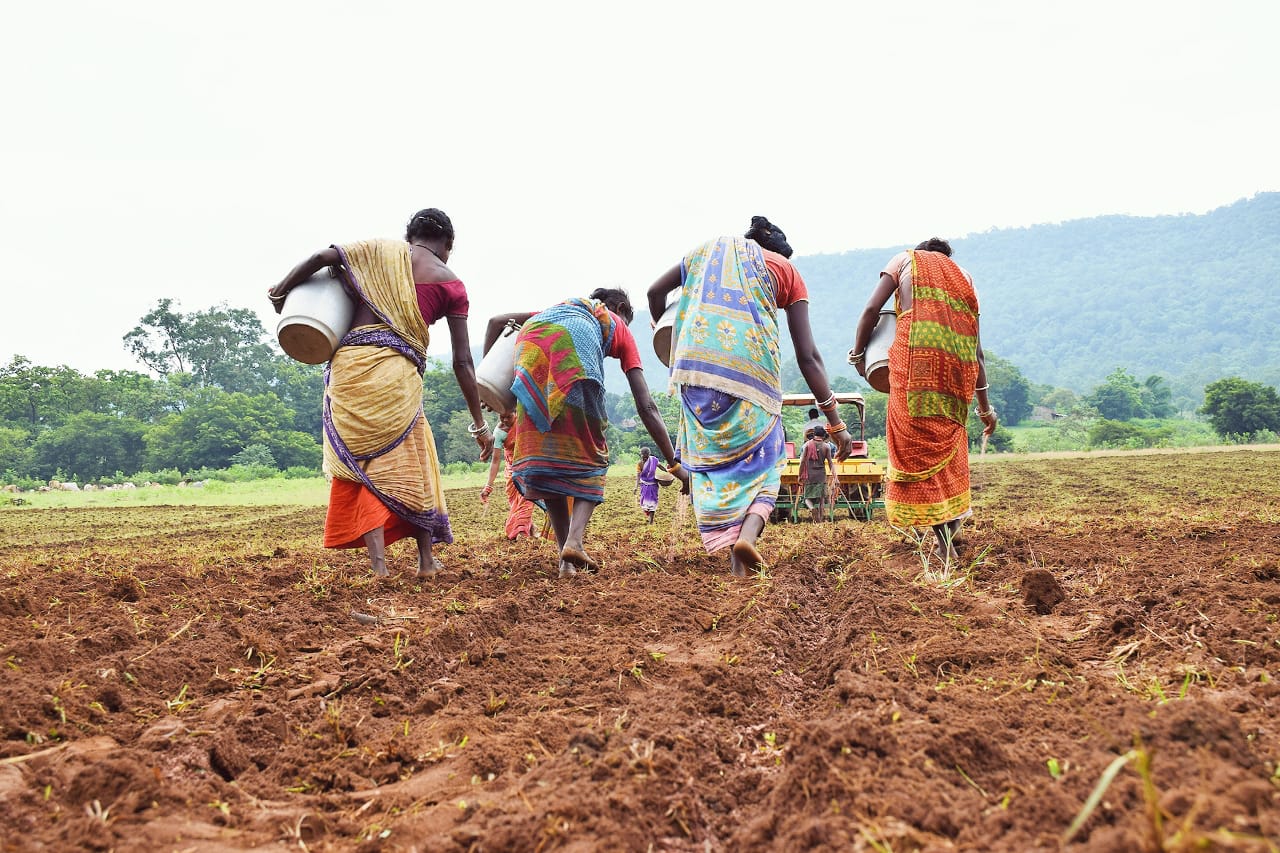
 Gender equality, youth and social inclusion
Gender equality, youth and social inclusion 